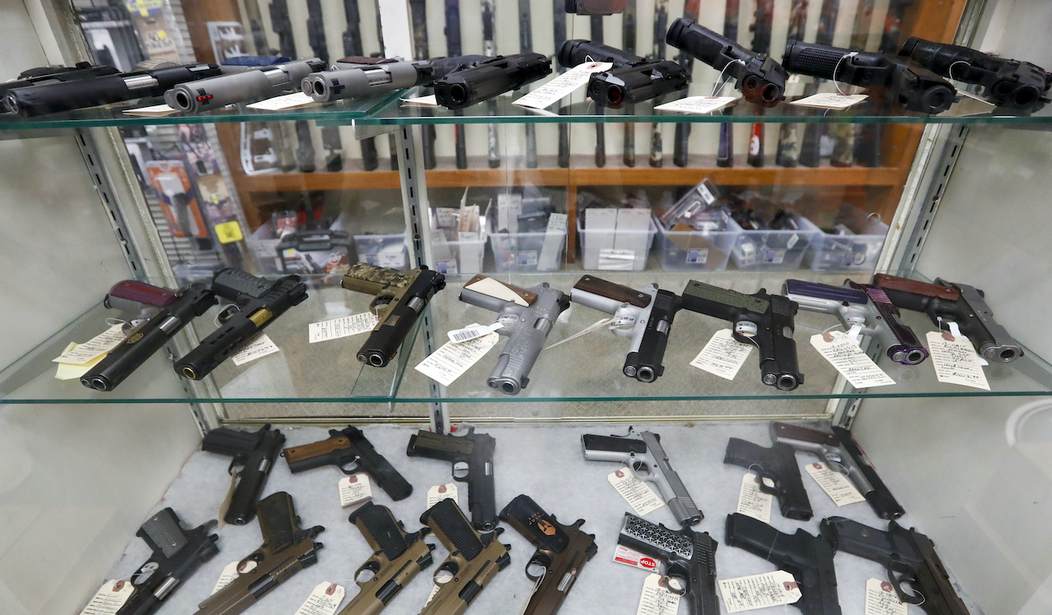Gun control advocates are not fans of your ownership of firearms. Oh, plenty say they don’t want to take your guns, but the truth is that they never seem to do anything but try to undermine you having them.
In fact, a favorite talking point these days revolves around a recent study that concluded high rates of gun ownership correspond to high rates of “gun deaths.”
I talked a bit about this when Sen. Chris Murphy pushed this idea earlier this week.
But it’s not just Murphy bringing it up, so it’s a good idea to talk more about what’s behind this blatantly biased “study.”
A study published in January by a leading non-profit organization that focuses on gun violence prevention found there is a direct correlation in states with weaker gun laws and higher rates of gun deaths, including homicides, suicides and accidental killings.
The study by Everytown for Gun Safety determined that California had the strongest gun laws in the country. Hawaii topped the list with the lowest rate of gun deaths in the country, while Mississippi led the country with both the weakest gun laws and highest rate of gun deaths.
Please note how no one seems to critique the fact that this anti-gun research comes from an organization with an agenda.
If the NRA published a study, you’d better believe it would be called into question on those grounds alone.
The findings of the study have come into sharp focus following a mass shooting at an elementary school in Uvalde, Texas, on May 24, 2022, in which 19 children and two teachers were killed. Officials told CNN the gunman legally purchased two assault rifles for his 18th birthday.
To compile its list, the group used data from the Centers for Disease Control and Prevention, looked at each state’s rate of gun deaths in 2020 and compared those rates with 50 policies they say are scientifically proven to be effective in preventing gun violence, Nick Suplina, senior vice president of law and policy with Everytown for Gun Safety, said.
The CDC’s data includes homicides, accidental killings and suicides committed with guns. According to the CDC, over 45,000 people in the United States were killed with a firearm in 2020, more than half died by suicide.
Now, that doesn’t look like the most awful methodology in the world…unless you think about the fact that all they’re hunting for here is a correlation, not causation.
The correlation exists, of course, but they failed to take any other factors into account in making their pronouncements.
Does that lack of gun control cause these “gun deaths” or is it a response to them? What role do other factors play in these so-called gun deaths?
That’s the problem with studies like this, and the people who tout them as if they’re a slam dunk in the gun argument aren’t accounting for it either.
Everytown put this research together hoping to find something they could use to advance gun control. They didn’t want to find other causes. Education and poverty aren’t in their wheelhouse. Those factors don’t get them donations.
So, they left those out. They likely know that poverty plays a major role in crime. Things like joblessness can also drive people to commit suicide–and, in the process, drive up the whole “gun death” thing which includes suicides.
Yet the media laps it up and presents it as if the evidence is unassailable.
It’s not.
While I get that experimentation isn’t possible–the ethics boards of any research institution would poop a cow if you tried–they could at least control for economics, education, weather, and whatever other potential factors play into things.
Mississippi has high gun ownership and high gun deaths, but it’s also 80 degrees in February. People are poor and not particularly well-educated. How much do any of these play into what happens?
We don’t know because the supposed researchers don’t care to find out.








